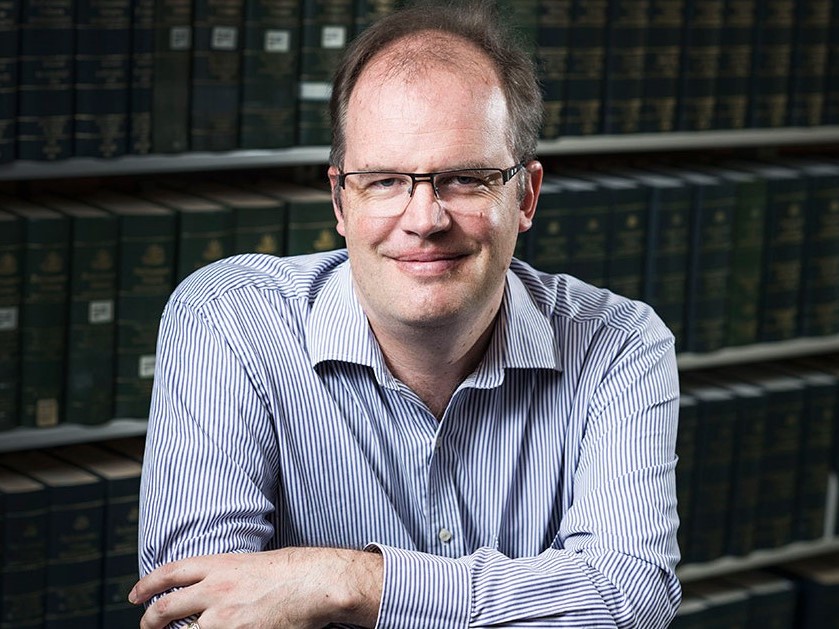Transdisciplinary research to battle global sustainability problems
The eGrad School was excited to deliver its inaugural global conference on November 28, 2023: Transdisciplinary research to battle global sustainability problems. The conference was held online and with no registration fee, fulfilling its aim of attracting conference presenters and registrants from around the world. eGrad School would like to thank our speakers from New Zealand: Professor Rachel Spronken-Smith, Dr Ray O'Brien; Europe: Professor Tomohiko Sakao (Sweden), Dr Andrew Reeves (UK), Dr Isabel Fletcher (UK); South Africa: Dr Biandri Joubert; and our conference presenters from Australia: Associate Professor Judy Matthews, Dr Katie Woolaston, Dr Matt Rimmer, Dr Rumintha Wickramasekera, Dr Zoe Mellick and Dr Crighton Nichols. The conference also included many new researchers, and we thank our research students for presenting.
The event was opened by conference chair and Graduate Research Education + Development Director Esa Jaatinen, followed by a welcome to the conference by QUT Pro Vice-Chancellor (Research Infrastructure) Professor Stephen Blanksby.
Prof Esa Jaatinen highlighted the main purpose of the conference, the opportunity for current and new eGrad School partners to come together and exchange innovative research ideas and practice case studies on the theme of using transdisciplinary research to battle global sustainability matters.
All conference attendees enjoyed a keynote presentation by Dr Matthew Rimmer, QUT Professor in Intellectual Property and Innovation Law. Dr Rimmer spoke on his work with collaborators and colleagues to produce the forthcoming collection, The Elgar Companion to Intellectual Property and the Sustainable Development Goals, a comprehensive companion bringing together an array of leading international experts to assess and interrogate how IP law impacts each specific SDG in turn.
Throughout the conference, attendees had access to three concurrent sessions with a range of academics and HDRs addressing one of four conference themes. The four conference themes were designed to shine a focus on shaping a more sustainable future, giving voice to researchers from across the globe and making space for future collaborative research projects. The breadth of topics presented at the conference was truly impressive, spanning across various domains and emphasising a transdisciplinary approach to address global sustainability challenges. From transformation of universities, colonisation, food supply chains, a circular plastic economy, artificial intelligence for green infrastructure, to pandemic risk management, mapping floods, climate change, the sustainability of Japanese businesses beyond the 3rd generation, sustainability with yoga, ecological regime shifts in Antarctica - and sustainability and dance in education amongst many other amazing presentations.
All attendees were invited to join a conference closing session, inviting future collaborate efforts to battle global sustainability. Planning is now underway for a second event focusing on the latest usage of AI in research projects, for late 2024.
2023 conference
Watch our conference presentations to learn more about researcher collaboration tackling global sustainability.
Keynote speaker
Dr Matthew Rimmer
Dr Matthew Rimmer is a QUT professor in intellectual property and innovation law. He has more than two decades of experience leading and conducting research into intellectual property and sustainable development – including in relation to copyright law and access to knowledge; plain packaging of tobacco products; access to essential medicines; biodiversity protection; and climate change.
He is a chief investigator in the QUT Australian Centre for Health Law Research, the QUT Centre for Behavioural Economics, Society, and Technology (QUT BEST) and in NHMRC Centre of Excellence for Achieving the Tobacco Endgame (CREATE).
Matthew will be speaking on his forthcoming collection, The Elgar Companion to Intellectual Property and the Sustainable Development Goals. This comprehensive companion brings together an array of leading international experts to assess and interrogate how IP law impacts each specific SDG in turn.
Join us to learn more about intellectual property and the sustainable development goals, and take this unique opportunity to ask Matthew follow up questions.

Contact us
For all e-Grad School enquiries, contact the e-Grad School coordinator.